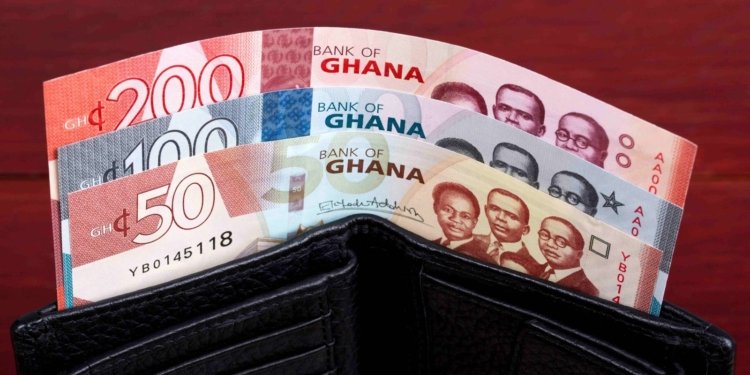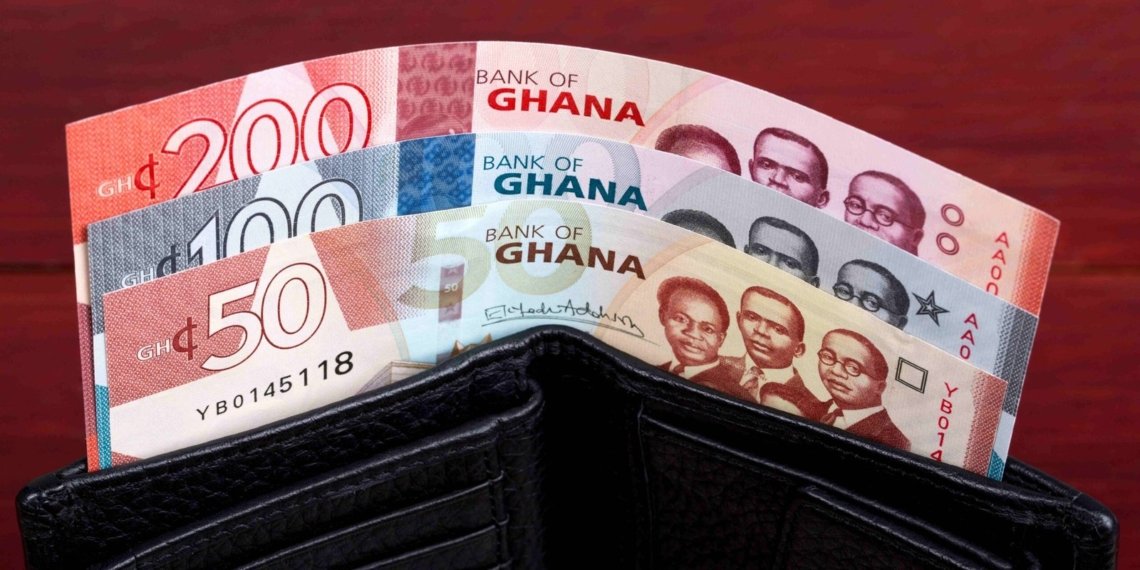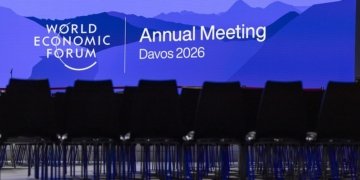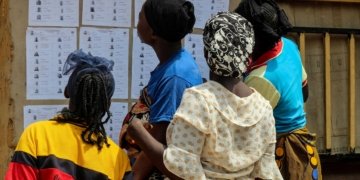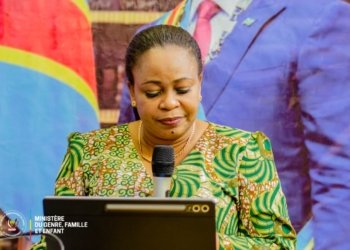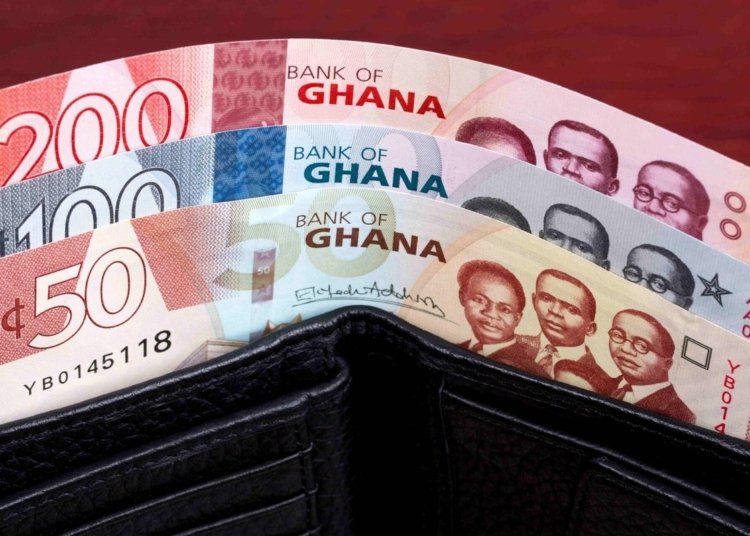ACCRA – Ghana’s cedi became the world’s best-performing currency in early 2025, surging nearly 50% against the dollar from January through May. The gains proved short-lived, highlighting persistent structural weaknesses in West Africa’s second-largest economy.
The currency strengthened from around ₵15 to just above ₵10 per dollar, marking a dramatic turnaround from 2022 when it ranked among global laggards. By mid-June the rally had reversed as dollar shortages emerged and demand for foreign currency outpaced supply.
Three factors drove the initial surge, with commodity prices providing the biggest boost as gold climbed from $2,000 to over $3,400 per ounce, benefiting one of Africa’s top producers. Cocoa and oil prices gained substantially while lifting export revenues.
Fiscal reforms under a $3 billion International Monetary Fund program restored market confidence as debt restructuring provided relief. The central bank maintained rates at 28% and injected nearly $500 million into forex markets in April alone.
Currency strength triggered rating upgrades as Fitch raised Ghana’s long-term foreign-currency rating to ‘B-‘ from ‘Restricted Default,’ citing improved debt negotiations and restored creditor relationships. The government restructured $13.1 billion in Eurobonds and made progress on the remaining $2.6 billion. Formalized small-scale mining expanded legal gold exports, boosting foreign reserves.
President John Dramani Mahama, who returned to office in January, called for balance between currency stability and export competitiveness. He proposed an optimal exchange rate of ₵10-12 per dollar to benefit both importers and exporters.
Market conditions deteriorated by June as banks reported dollar shortages while demand for foreign currency spiked. Physical dollar liquidity fell, straining retail traders at markets including Makola.
Rebecca Ofosuwaa, a clothing merchant, noted that she bought goods when the dollar was at ₵16 and now couldn’t cut prices just because the currency had strengthened. Forex withdrawal delays and limited dollar availability exposed ongoing structural weaknesses.
The reversal highlighted Ghana’s vulnerability to external shocks as the rally reflected favorable commodity prices and IMF credibility rather than deep structural reforms.
Similar patterns affect regional peers as Nigeria faces persistent currency instability despite being Africa’s largest oil producer, hampered by low investor confidence and exchange rate management issues. Zimbabwe continues battling monetary dysfunction with multiple exchange rates and low trust.
Ghana appears more stable by comparison, while the cedi’s volatility shows how quickly gains can disappear when external conditions shift.
Success Remains on Paper
The currency’s performance has yet to meaningfully impact ordinary Ghanaians as imported goods became temporarily more affordable and transport costs dipped slightly, though most citizens saw no significant relief.
Rent, school fees and food prices remain elevated while wages have failed to keep pace with inflation, and businesses report high operational costs.
Emmanuel Amey-Wemegah, a retired civil servant, shared that the 2023 domestic bond restructuring wiped out much of his retirement savings. He described the impact as devastating, with no visible pathway to recovery.
Professor Eric Oteng-Abayie of Kwame Nkrumah University of Science and Technology argues that the gains are fragile unless they translate into real economic progress. He highlights the need for reforms to benefit the average Ghanaian rather than international investors or rating agencies.
Policymakers must expand exports beyond gold, boost value-added production in cocoa and oil, and support small industries with reliable credit access. The forex market needs greater depth and transparency, while fiscal discipline must stay linked to inflation control and public accountability. Economic progress must reflect in social policy, with rising reserves and falling inflation translating to improved wages and affordable living costs.
Inflation dropped to 18.4% by May 2025, the lowest in three years, though this change has failed to deliver meaningful relief to households.
The cedi’s rally demonstrates what becomes possible when policy, global conditions and market confidence align. Without structural reforms and inclusive growth, the gains risk becoming another fleeting headline. Ghana could become a model for African economies navigating inflation, debt and external dependence if it links macroeconomic strength to daily reality.
For now, average Ghanaians still ask when economic gains will improve their lives. That remains the true test of this recovery.

Godfred Nana Yaw Amoakois a Writer, Emerging Policy Analyst & Development Strategist.
